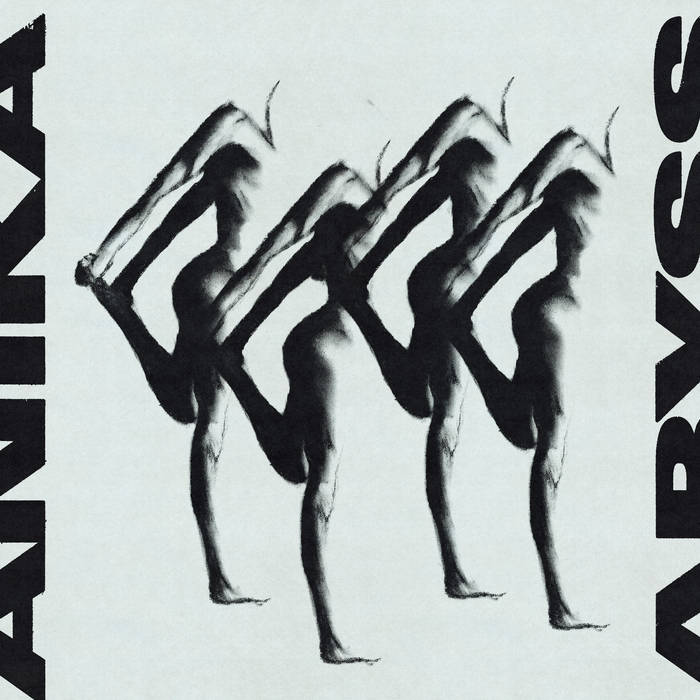The abyss is many things: a bottomless chasm, an unbridgeable rift between selves, a descent into the grotesque architecture of the human psyche. It is ceaseless, omnipresent, and suffocatingly bleak. It represents the worst of us – self-aware stardust spun into a thousand digital avatars, each one seeking validation from a numb, doom-scrolling public anaesthetised by atrocity rendered banal through repetition.
In this framing, human consciousness is less a gift than a rupture – an irritant in the indifferent hush of the universe. We live beside the abyss, within it, under it; our collective thousand-yard stare is not a symptom but a condition. Nietzsche warned us that if you gaze long enough into the abyss, it gazes back. Anika, on her third album, doesn’t simply return the look – she questions the gaze itself. Why continue this recursive staring contest with a warped reflection? Why not reduce the mirror to dust?
Recorded live with minimal overdubs, Abyss resists the algorithmic sheen of our curated selves, where identity is filtered into marketable fragments and vulnerability is repackaged as content. In a world that demands polish, Anika leans into rawness – flaws intact, structure loose, intention clear. It’s not just a production choice; it’s a quiet revolt against the emotional sterility of constant self-surveillance. It gestures toward a space where imperfection isn’t failure, but proof of presence.
She doesn’t so much perform songs as exorcise them – each track a dispatch from the liminal space between dread and desire. Her signature speak-sing remains intact: coolly dispassionate yet freighted with subtext. It’s more confrontational than cathartic – an album that stares back. Opener ‘Hearsay’ is a taut dissection of media distortion and the engineered chaos of public discourse. ‘Oxygen’ follows, a slow suffocation rendered in sound, capturing the psychic claustrophobia of misinformation and mass confusion. Anika isn’t just observing the collapse of society – she’s actively documenting it, each track unravelling like a chapter in a dystopian diary. The personal and political bleed into one another– not through mere didacticism, but also through tone, texture, and a deliberate sense of disorientation. These aren’t anthems. They’re signals from the static.
Abyss unfolds in constant forward motion. Many tracks hinge on one-note drones and warped bends, zeroing in on singular tones rather than harmonic breadth, evoking the raw minimalism of In Utero. It’s like The Wipers fronted by Nico – detachment and dread, propelled by tightly coiled rhythm sections and stripped-back arrangements. The sound is dry, unvarnished – think Surfer Rosa, early PJ Harvey, the scorched immediacy of Jesus Lizard, or the ritualistic intensity of Genesis P-Orridge. It’s analogue to the core – a defiant gesture in an age of infinite plugins and pristine presets. These are powerful, bruised melodies.
What’s most striking, perhaps, is what’s absent. Gone are the jagged electronics and avant-garde textures that once defined her sonic identity. In their place: a stripped-back palette leaning into post-punk, grunge, and traditional rock structures. In a post-everything musical landscape where genre is fluid and irony reigns, this move toward convention feels oddly radical. Abyss doesn’t chase innovation for its own sake – it chooses clarity over chaos, presence over posture. In doing so, Anika crafts a document that’s less about sound as spectacle and more about the quiet horror of being awake in the wreckage.


